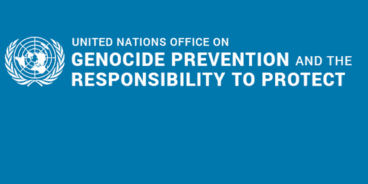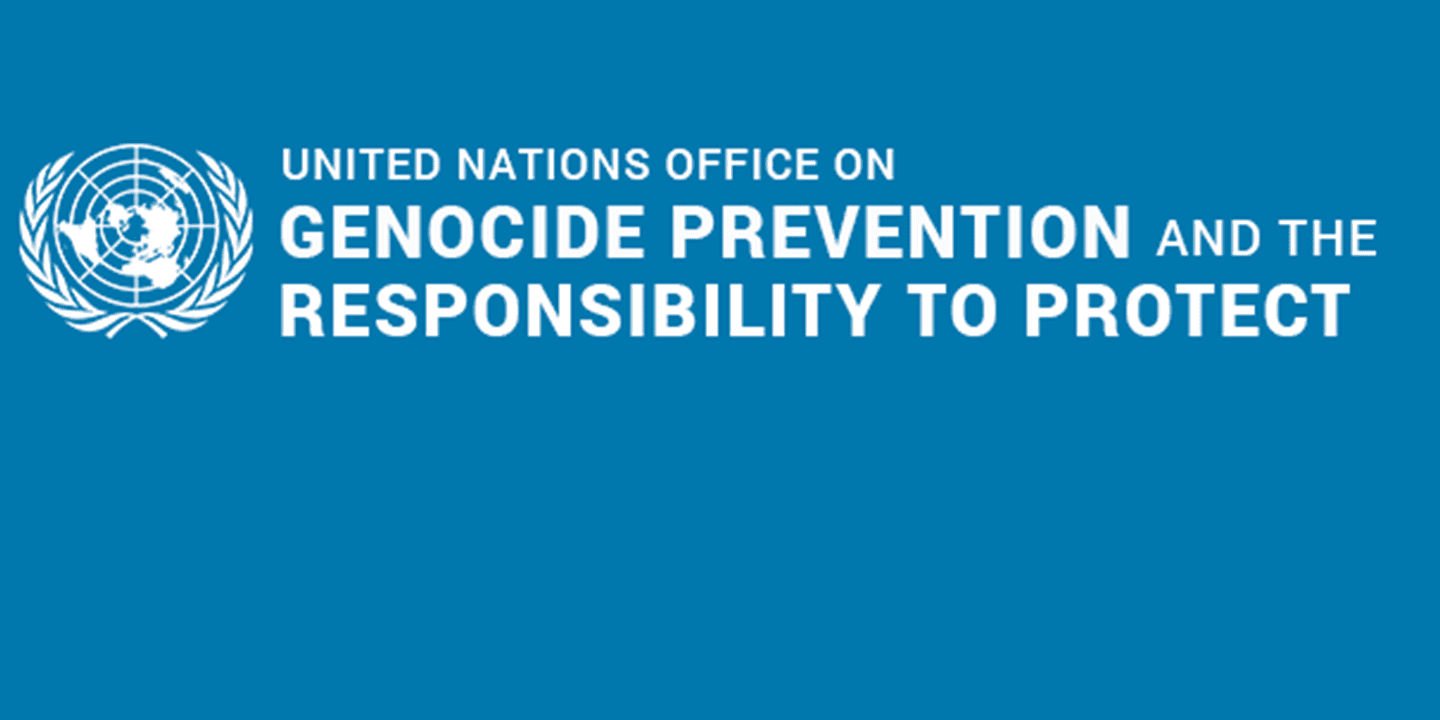

Statement by Ms. Alice Wairimu Nderitu, Special Adviser on the Prevention of Genocide, on the situation in the Middle East
The United Nations Under-Secretary-General and Special Adviser on the Prevention of Genocide, Alice Wairimu Nderitu, acknowledges the Security Council resolution of 25 March demanding, among others, an immediate ceasefire for the month of Ramadan and the immediate and unconditional release of all hostages; reiterating its demand all parties comply with obligations under international law, including international humanitarian law and international human rights law; and deploring all attacks against civilians and civilian objects, as well as all violence and hostilities against civilians. The Special Adviser echoed the call by Secretary-General Antonio Guterres for the full implementation of this resolution and noted the numerous efforts by the United Nations to end this war.
She also recalled her statements on the situation in the Middle East of 15 October 2023, 9 February 2024, and 14 February 2024, most specially her call to ensure the protection of civilians and civilian infrastructures, the safe return of all hostages still held in Gaza by Hamas, the end of Israeli airstrikes, as well as the prioritization of unimpeded distribution of humanitarian assistance as a matter of utmost urgency.
The Special Adviser reminded that in her 9 February 2024 statement she noted the provisional measures indicated by the International Court of Justice, which relate to obligations under the Genocide Convention, despite which the war in Gaza has continued. “Respect for international law should never be an abstract idea. It must lead to concrete results, most urgently protecting the lives of people, in times of peace and in times of war,” she insisted. The Special Adviser also recognized that judicial decisions must be complemented by action at all levels for peace to prevail. “Accountability is an essential component of peace, as are efforts to rebuild and prevent, including through the ongoing diplomatic behind the scenes initiatives and forward thinking on building peace where there has been violent conflict. The very creation of the United Nations out of the tragedy of the Second World War speaks to this aspiration,” noted the Special Adviser.
“This war, together with its attendant suffering, needs to end, and needs to end now. Those responsible for hindering humanitarian access and for hate speech, dehumanizing and inciteful language, must be held to account.” To this end, Special Adviser Wairimu Nderitu called on all parties to demonstrate leadership as previously done through a humanitarian pause in fighting and through an exchange of hostages and prisoners. “Mutual pain needs to be acknowledged, and such a desire can become a reality when there is willingness not only to hear the other side but also to concede one another equal respect for fundamental rights. When death and suffering unite victims, leaders must respond by unequivocally advancing towards peace,” emphasized the Special Adviser.
Special Adviser Wairimu Nderitu acknowledges the Israeli and Palestinian citizens working towards peace in a land whose special place in history derives from its spiritual significance. “Many have suffered insurmountable violence in the troubled history of the Middle East, a region in which the risk factors for genocide, war crimes and crimes against humanity are extremely high and continue to rise. In the current context, we continue seeing hateful and inciteful language becoming normalized in the public space, including in demonstrations, by public figures and anonymous citizens alike, in the region and globally. Efforts for decades to reduce and counter Anti-Semitism and anti-Muslim bigotry are being eroded in weeks and months, and manifestations of both are now dangerously on the rise. Yet, the common bonds of respect, peace, justice, and compassion, continue to inspire peacebuilders in the region and across the world to build long-lasting solutions in a land for which conflict can and must become a distant memory. Peacebuilders’ space must be expanded, and their voices strengthened.
“The land that holds historical and religious connections for Jews across the world, the spiritual center of the Muslim faith and the cradle of Christianity can become a clarion for peace not only in the immediate region but in the entire world. Many peace champions are working silently and tirelessly to make this vision a reality. All support must be rendered to them in their efforts to attain such noble aim. This war, together with its attendant suffering, needs to end, and needs to end now.”
Related Content

